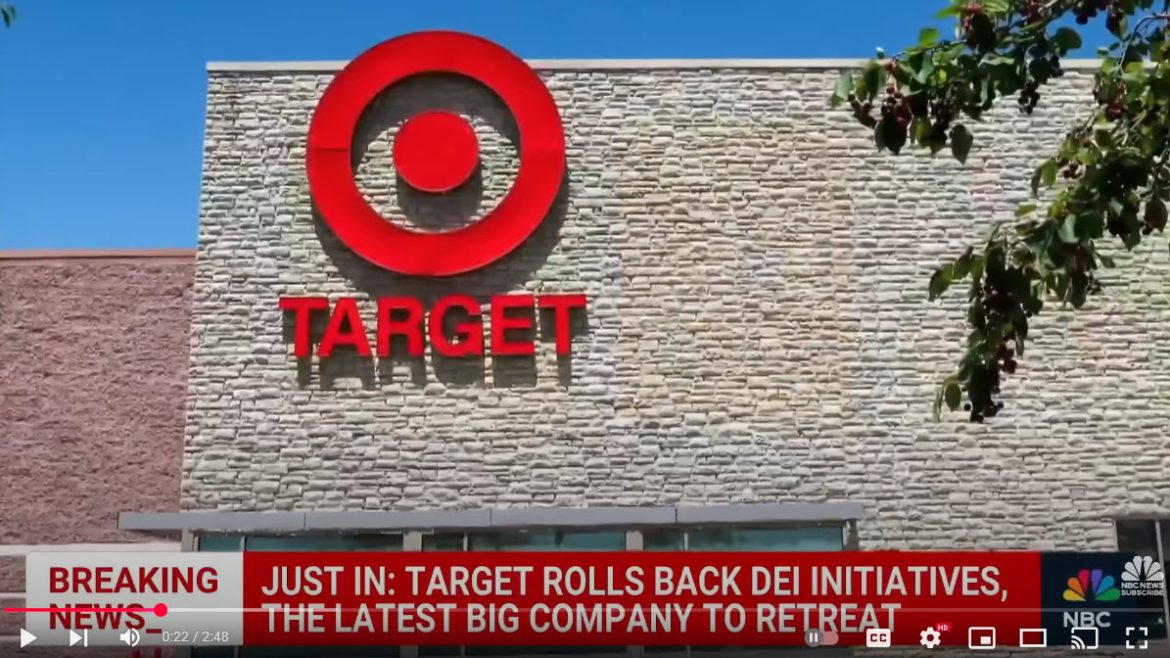In a significant policy shift, Target Corporation announces the conclusion of its Diversity, Equity, and Inclusion (DEI) initiatives. This decision aligns with recent political directives and reflects a broader trend among major U.S. companies reevaluating their DEI commitments.
Target’s DEI initiatives, including the Racial Equity Action and Change (REACH) program, are set to conclude this year. REACH aimed to invest over $2 billion with Black-owned businesses by the end of 2025. The company also plans to evolve its “Supplier Diversity” team to “Supplier Engagement” to better reflect its inclusive global procurement process.
This move follows President Donald Trump’s recent executive order directing federal agencies to terminate DEI programs and urging private companies to end “illegal DEI discrimination and preferences.” In response, several major corporations, including Walmart, Amazon, and Meta, have scaled back their DEI policies.
The decision has elicited mixed reactions. Critics argue that ending DEI efforts could alienate Target’s diverse customer base. Eric Schiffer of Reputation Management Consultants describes the move as “brand suicide” for a company with an inclusive audience. Conversely, some industry leaders suggest that DEI practices should be re-evaluated to focus more on merit and performance-related incentives.
In a memo to employees, Target’s Chief Community Impact and Equity Officer, Kiera Fernandez, emphasizes the importance of staying in step with the evolving external landscape. She states that “many years of data, insights, listening, and learning have been shaping this next chapter in our strategy.”
Target’s decision mirrors actions by other major companies. Walmart announced cuts to some of its DEI initiatives late last year. McDonald’s, Ford, and Harley-Davidson have also reduced their DEI commitments in recent months. Despite these trends, some companies, such as Costco and Apple, continue to support DEI efforts, resisting the broader retreat from equal opportunity initiatives.
The rollback of DEI initiatives has sparked public and political reactions. Minneapolis City Council member Jason Chavez urges residents to support small businesses instead, expressing disappointment in Target’s decision. President Trump’s executive orders have also prompted legal challenges and debates about the future of DEI programs in both public and private sectors.
As Target concludes its DEI programs, the company faces the challenge of balancing evolving political landscapes with its commitment to inclusivity. The broader corporate trend indicates a reevaluation of DEI initiatives, with companies navigating complex social and political dynamics.



